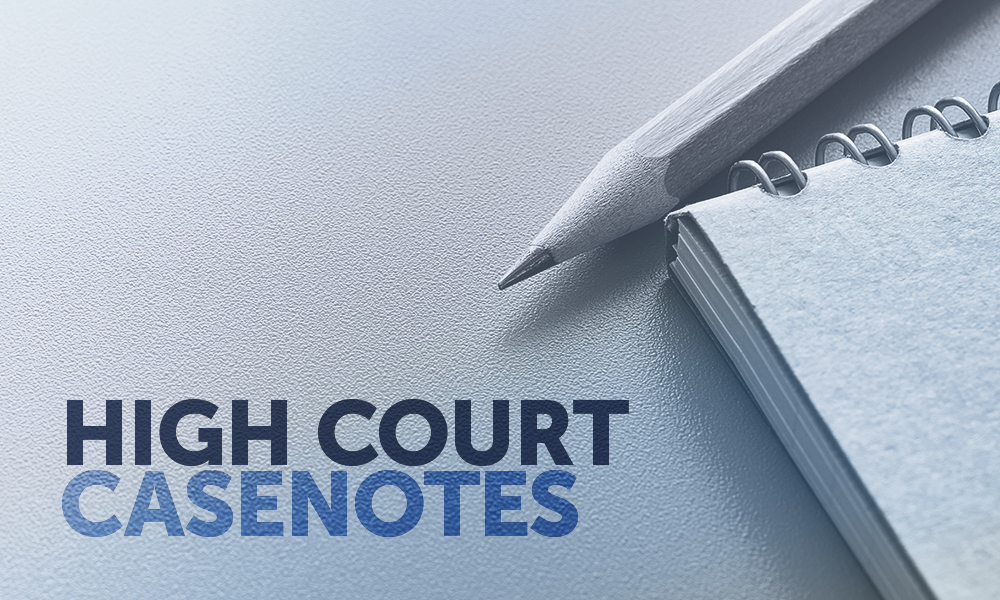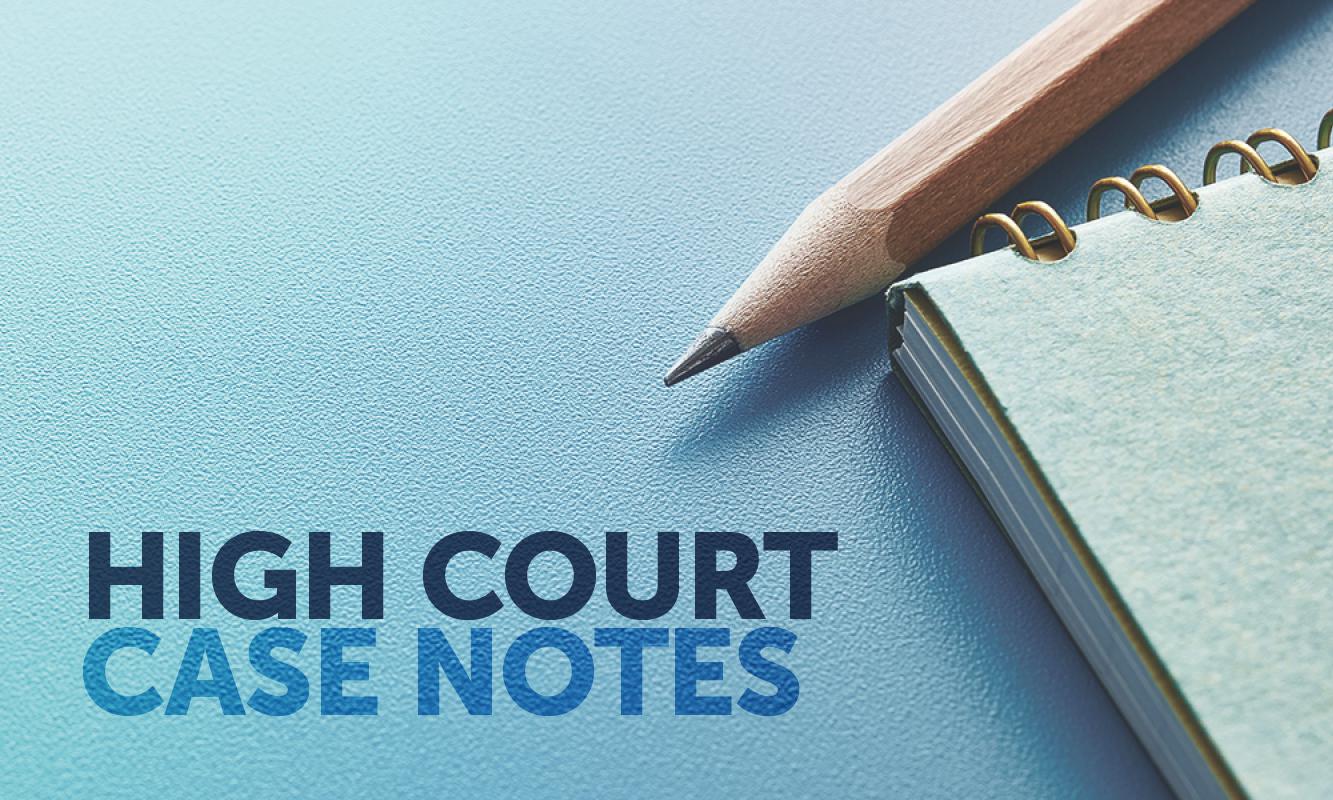In Deputy Commissioner of Taxation v Shi [2021] HCA 22 (4 August 2021), the High Court was required to determine whether a judge of the Federal Court of Australia (being Steward J before his elevation to the High Court) erred in refusing to order that a privilege affidavit, sworn by the respondent (Shi), be filed and served on the appellant (Commissioner) pursuant to s128A(6) of the Evidence Act 1995 (Cth) (Evidence Act).
The Commissioner had obtained ex parte orders in the Federal Court of Australia freezing Shi’s assets worldwide.
The Federal Court made ancillary orders requiring Shi to disclose the details of all of his worldwide assets. Shi partly objected to complying with the disclosure order under s128A of the Evidence Act on the grounds that some of the information required to be disclosed may tend to incriminate him.
Shi complied with the process set out in s128A which included the preparation of an affidavit that contained the information required to be disclosed, but to which Shi objected to disclosure.
Section 128A(6) of the Evidence Act creates an exception to the privilege against self-incrimination. Under s128A(6) a court may, nonetheless, make an order requiring the disclosure affidavit to be served on the other party if satisfied that:
- the information disclosed tends to prove that the relevant person is liable under Australian law
- the information disclosed tends not to prove that the relevant person is liable under the law of a foreign country
- the interests of justice require the information to be disclosed.
Steward J, at first instance, held that he was satisfied that the privilege affidavit tended to prove that Shi had committed an offence under Australian law, but considered that it was not in the interests of justice to disclose the privileged information because the Commissioner could otherwise obtain the information by exercising his compulsory examination powers, under s353-10 of Schedule 1 to the Taxation Administration Act 1953 (Cth).
The Commissioner appealed unsuccessfully to the Full Court of the Federal Court (Lee and Stewart JJ, Davies J dissenting).
The majority considered that the Commissioner bore the onus of proving the matters in s128A(6)(a) and (b) of the Evidence Act. And, in respect of s128A(6)(c), all of the judges of the Full Court considered that Steward J was wrong to take into account the Commissioner’s compulsory examination powers.
But the majority upheld Shi’s notice of contention that the interests of justice did not require the disclosure of the disclosure affidavit because there were other ways in which the execution of the freezing order could have been assisted, such as the ability to examine a judgment debtor under s108 of the Civil Procedure Act 2005 (NSW). Additionally, Lee J considered that the derivative use immunity, in s128A(8), would be difficult to enforce in the circumstances.
The High Court (Edelman J dissenting) allowed the Commissioner’s appeal. The majority held that since Shi himself did not produce any evidence that the disclosure affidavit may tend to incriminate him in respect of the law of a foreign country, the court could be satisfied that s128A(6)(b) of the Evidence Act had been met: see Keifel CJ, Gageler and Gleeson JJ at [9] and Gordon J at [67].
In respect of s128A(6)(c), the majority held that both Steward J and the Full Court took into account irrelevant considerations: Keifel CJ et al at [11] and Gordon J at [68]. The majority considered that the evaluation of the interests of justice is informed primarily by balancing the public interest in disclosure against the potential detriment to the person objecting to disclosure: Keifel CJ et al at [12].
The majority also considered that Lee J’s concerns could be ameliorated by making an order confining the disclosure of the disclosure affidavit to certain named lawyers. Edelman J, in dissent, argued that it was for the Commissioner to prove s128A(6)(a) and (b) of the Evidence Act.
Dr Michelle Sharpe is a Victorian barrister practicing in general commercial, real property, disciplinary and regulatory law, ph 9225 8722, email msharpe@vicbar.com.au. The full version of these judgments can be found at www.austlii.edu.au.














Share this article